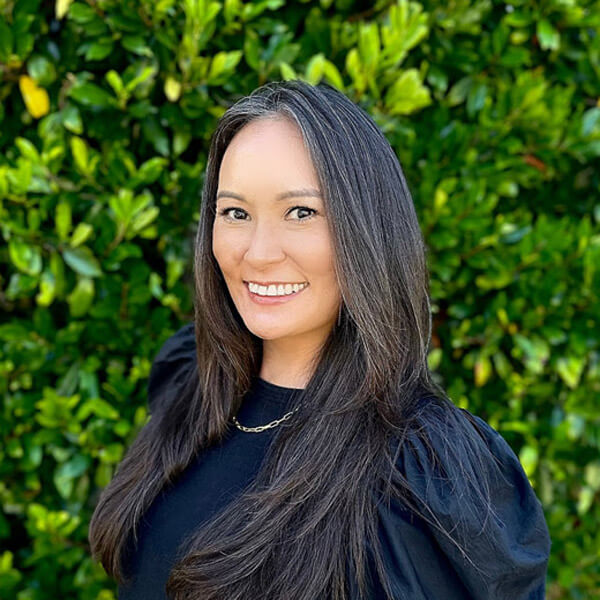Our Program
Dual Diagnosis Treatment
At New Directions for Women, women can get the help they need to address co-occurring disorders with our specialized dual diagnosis treatment facility.

24/7 Admissions | Call Now: (800) 939-6636

New Directions for Women’s compassionate and experienced staff offers the highest standard of drug detox services. We understand that detox is not always the most comfortable process. Our goal is to make our detox center in Orange County as safe and beneficial as possible for each of our clients.

Residential treatment, or inpatient drug rehab, allows individuals to experience the full spectrum of their health in the treatment facility. At New Directions, we are committed to providing exceptional addiction treatment services for each woman suffering from a chemical dependency like drug and alcohol addiction.

New Directions’s intensive outpatient program offers comprehensive recovery skill development and addiction counseling. Women may enter the New Directions IOP at any stage as the model accommodates people in various stages of early recovery. An IOP is an excellent choice for clients who need time to attend school or work in the evening.
At New Directions for Women, women can get the help they need to address co-occurring disorders with our specialized dual diagnosis treatment facility.


Trauma-informed care is a strengths-based, trauma-sensitive approach that recognizes the impact of trauma on an individual’s life. This method responds in a way that is respectful of the individual’s experiences. We recognize that our clients have survived trauma and can heal and thrive.
New Directions for Women provides support and treatment services in a safe and healthy gender-specific environment.

New Directions for Women Foundation was created in 1977. Every woman and child who comes through our doors receives some amount of scholarship funds. Our aim is to raise $500,000 a year, which goes directly to the Pamela Wilder Scholarship Fund. On behalf of the staff, clients, and alumnae of New Directions for Women, we are honored to have your support as we continue our excellent treatment.

We are thrilled to have her mission-driven leadership on board as we continue transforming the lives of women, pregnant women, and women with their children from addiction into recovery.
Heather most recently served as the Clinical Director of a gender-specific treatment center in Huntington Beach. She is trained in both Dialectical Behavior Therapy (DBT) and Eye Movement Desensitization and Reprocessing (EMDR) which serve the needs of our clients, many of whom have experienced both complex trauma and substance use disorder.
We have a profound effect on the recovery process for women across the country who need our help.
Please fill out the form below, and a professional from New Directions For Women will get back to you shortly.
"*" indicates required fields
2607 Willo Lane
Costa Mesa, CA 92627
(800) 939-6636
2280 University Dr.
Newport Beach, CA 92660
(800) 939-6636